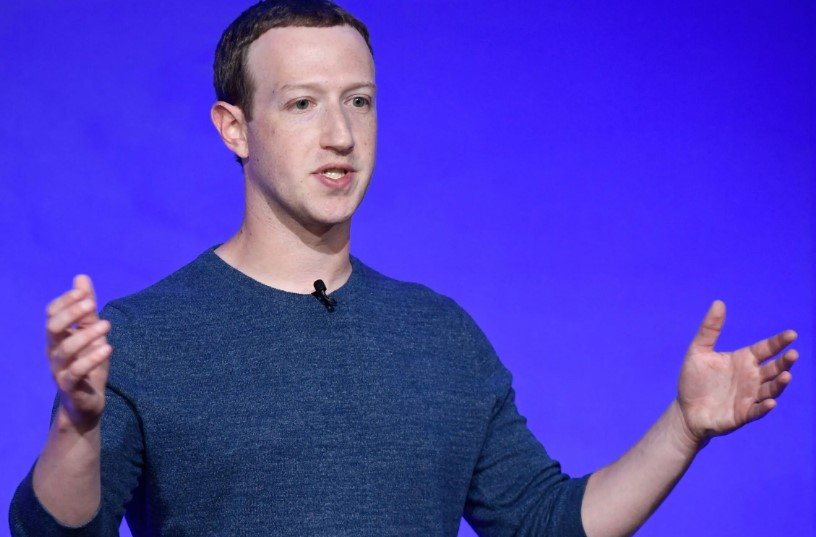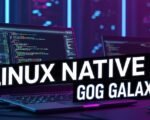Sam Altman calls out Meta’s hiring blitz as tech’s war for AI brains gets personal
Mark Zuckerberg isn’t just writing big checks—he’s sending WhatsApp messages. And the people he’s reaching out to aren’t random—they’re some of the most prized minds behind ChatGPT.
Meta’s boss is allegedly offering up to $100 million in signing bonuses to poach top engineers from OpenAI, the buzzy firm behind the generative AI boom. OpenAI CEO Sam Altman, clearly not amused, says his team is being bombarded with offers “more than that compensation per year,” calling it “crazy.”
So far, Altman claims, his star engineers are holding the line. But even he admits the pressure is real—and relentless.
A Recruitment War Fueled by Billions
This isn’t your standard poaching spree. What Meta’s doing is something altogether more intense.
Zuckerberg has taken the AI race personally. After watching OpenAI and Google dominate headlines for the last two years, Meta is now all in. Billions have been pumped into training foundation models. Billions more are being lined up for talent.
Meta recently agreed to pour $14 billion into Scale AI—buying a 49% stake in the data-labeling startup and hiring its 28-year-old CEO Alexandr Wang to lead a new team focused on “superintelligence.” That word alone signals how high the stakes are.

And Zuckerberg? He’s not delegating. According to insiders, he’s personally texting engineers at rival firms and even reshuffled seating arrangements at Meta’s Menlo Park HQ so his AI team sits within earshot.
One sentence.
And it’s not subtle.
OpenAI Tries to Hold the Fort
Altman went public with his frustrations during a podcast appearance earlier this week.
“They started making these giant offers to a lot of people on our team,” he said, sounding more exhausted than angry. “$100 million signing bonuses, more than that per year.” He didn’t name names. But the intent was clear: Zuckerberg is trying to drain OpenAI’s brain trust.
Altman insists his core team is intact. “I’m really happy that so far none of our best people have decided to take them up on that,” he said. But even he knows that money talks. And in Silicon Valley, loyalty has its limits—especially when nine-figure offers are on the table.
One engineer joked privately that the bonuses Meta is offering are “closer to hedge fund territory than tech.”
Not Just About Money—It’s About Momentum
Meta is sprinting to catch up. OpenAI’s GPT-4 turbocharged the generative AI frenzy. Google’s Gemini came next. Meanwhile, Meta’s LLaMA models—open-sourced and praised for transparency—haven’t had quite the same buzz.
To close the gap, Meta is leaning into scale. It’s reportedly building out an enormous AI compute cluster, projected to feature over 340,000 Nvidia H100 GPUs by early 2025. That’s absurdly massive.
It’s also building brainpower. Hence the wild offers.
Here’s what’s reportedly on the table for top recruits from OpenAI, Google DeepMind, Anthropic, and others:
-
Signing bonuses up to $100 million
-
Equity packages matching or exceeding total comp from rivals
-
Direct access to Zuckerberg and his top AI lieutenants
-
Leadership roles with full-stack autonomy
Not everyone’s impressed. One former DeepMind researcher called it “an AI talent bubble in full inflation mode.”
Why Meta’s Betting the Farm
Zuckerberg has long been accused of copying his rivals—Snapchat, TikTok, Clubhouse. This time, he’s trying to leapfrog them.
Meta’s broader AI strategy is no longer focused on content moderation or newsfeed tuning. It’s superintelligence. As in: AGI, foundation models, language agents, and maybe even AI tutors for billions of users on Facebook, WhatsApp, and Instagram.
The firm has already rolled out Meta AI—its consumer-facing chatbot—and embedded it inside Instagram, Messenger, and even Ray-Ban smart glasses. But these are early steps. What Meta really wants is to own the rails beneath all that—the models that make it all work.
And for that, it needs the people who know how to build them.
Who’s Staying, Who’s Listening
Altman says his “best people” haven’t budged. But others around the valley whisper differently.
There’s no official headcount on who’s left OpenAI for Meta recently. But recruiters say the offers are impossible to ignore—especially for those not part of OpenAI’s profit-sharing structure or who joined post-GPT-3.
Internal chatter suggests some engineers are tempted. A few are negotiating counteroffers. Others have reportedly gone dark on Slack, a not-so-subtle sign that a change might be coming.
One thing’s clear: loyalty is being tested.
Table: Big Tech AI Hiring Landscape (as of Q2 2025)
| Company | Reported Signing Bonus Range | Recent Notable Hires | AI Focus Area |
|---|---|---|---|
| Meta | $10M – $100M+ | Alexandr Wang (Scale AI CEO) | Superintelligence, LLaMA |
| OpenAI | Confidential | Retaining key researchers | GPT-5, Agentic AI |
| Google DeepMind | $5M – $30M | Expanding Gemini team | Gemini, Robotics |
| Anthropic | $2M – $10M | Ex-OpenAI engineers | Claude AI models |
| xAI (Musk) | $1M – $5M | Ex-Tesla AI team members | Open-source AI, AGI |
And the bonus arms race is likely just beginning.
The Tech Talent Market May Never Look the Same
If Meta is successful in flipping key OpenAI engineers, it could spark a fresh wave of defections across the AI sector. Google, Microsoft, Amazon—they’re all watching closely.
One recruiter put it bluntly: “If Zuckerberg can buy OpenAI’s brain, every other company will have to start bidding like hedge funds too.”
Altman’s challenge now is to hold the line—not just with stock options and mission statements, but with culture, autonomy, and maybe even a bit of guilt.
Because in this moment? The war for AI isn’t just about algorithms or GPUs. It’s about people. And people are, well, people.








